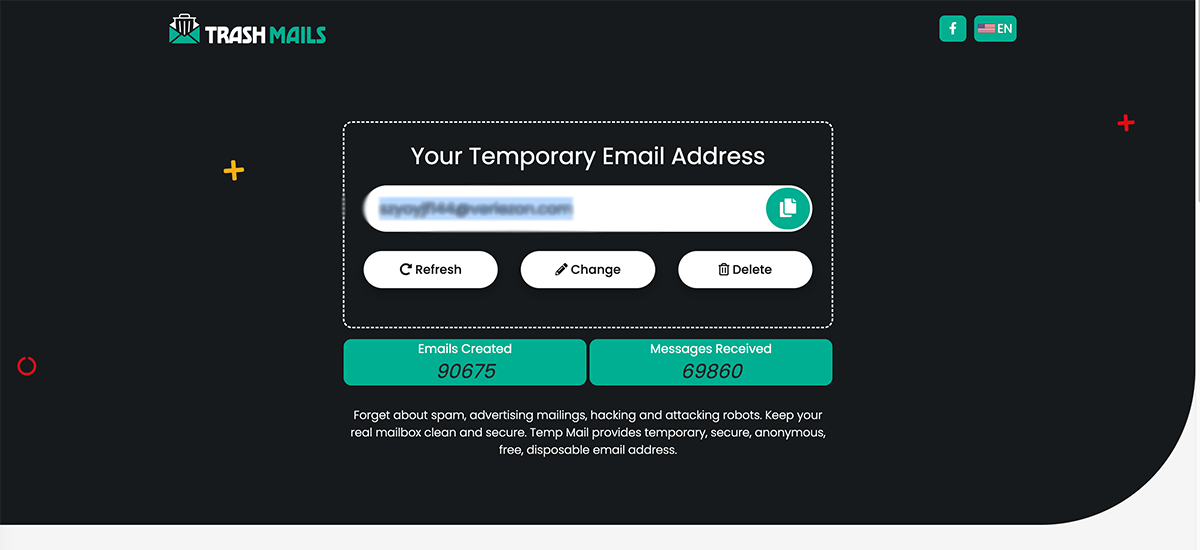With the increasing concern for online privacy and security, many individuals turn to temporary mail services as a means of protecting their personal information. However, questions arise regarding the safety of using temporary mail. In this article, we will delve into the topic and examine the potential risks and benefits associated with temporary mail usage.
Anonymity and Privacy
One of the main advantages of temporary mail is the anonymity it provides. When using a temporary email service, users can avoid providing personal information such as their name, phone number, or permanent email address. This helps protect their identity and shields them from potential spam or unwanted marketing emails.
However, it is essential to note that while temporary mail offers a higher level of anonymity, it does not guarantee complete privacy. Service providers may collect certain data such as IP addresses or usage patterns, which could potentially be accessed or shared with third parties. Therefore, users should carefully research and select a reputable temporary mail provider that prioritizes privacy protection.
Spam and Unwanted Emails
Temporary mail addresses are particularly useful when signing up for online services or platforms that may send excessive promotional emails or newsletters. By using a temporary email, users can avoid cluttering their primary inbox and minimize the risk of spam. Once the temporary email address expires, any associated spam or unwanted emails become irrelevant.
However, it's important to note that temporary mail services are not foolproof in eliminating all spam. Some determined spammers may still find ways to send unsolicited messages to temporary email addresses. Users should remain cautious when clicking on links or downloading attachments from unknown senders, even if using temporary mail.
Security Risks
While temporary mail can offer a layer of security by keeping personal information separate, there are potential security risks to consider. Some temporary mail providers may have less stringent security measures compared to established email services. This could make temporary email accounts vulnerable to hacking attempts or unauthorized access.
To mitigate these risks, users should opt for reputable temporary mail providers that prioritize security and employ encryption measures to protect data transmission. Additionally, it is crucial to choose strong and unique passwords for temporary email accounts and avoid reusing passwords from other accounts to prevent potential security breaches.
Limitations and Potential Downsides
Using temporary mail also comes with certain limitations and downsides. Temporary email addresses typically have a short lifespan, ranging from a few minutes to a few days, depending on the service provider. This time constraint may be inconvenient for situations where long-term access to emails or ongoing communication is required.
Furthermore, temporary mail addresses may not be universally accepted by all platforms or services. Some websites or online communities may have measures in place to detect and block temporary email addresses to discourage anonymous or fraudulent activities. Therefore, users should be prepared to encounter instances where temporary mail is not a viable option.
While temporary mail can offer advantages such as anonymity, spam protection, and reduced exposure to unwanted emails, users should be aware of the potential risks involved. By choosing reputable providers, maintaining cautious online behavior, and understanding the limitations, individuals can make informed decisions about using temporary mail services while safeguarding their online privacy and security.



